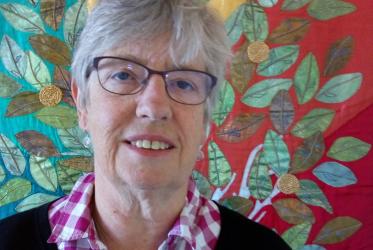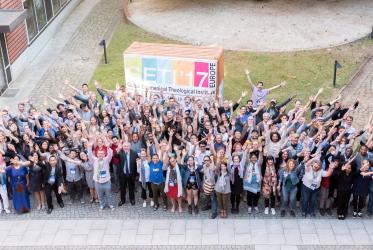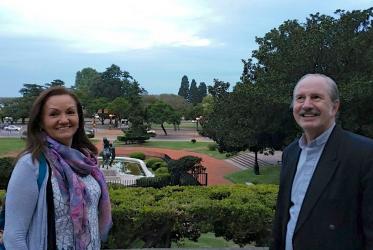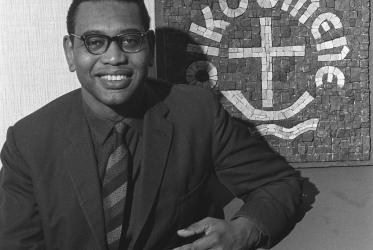Displaying 41 - 60 of 169
Alison Judd: “Be willing to challenge”
10 October 2019
Larissa Aguiar Garcia: "We're opening a safe space”
26 September 2019
#WCC70: A story of how we meet together
02 February 2018
WCC general secretary echoes concerns of Brazilian churches
16 September 2016
Memorial service pays tribute to Philip Potter
18 May 2015
Human rights defender Charles Harper honoured by Argentinian government
19 September 2014







